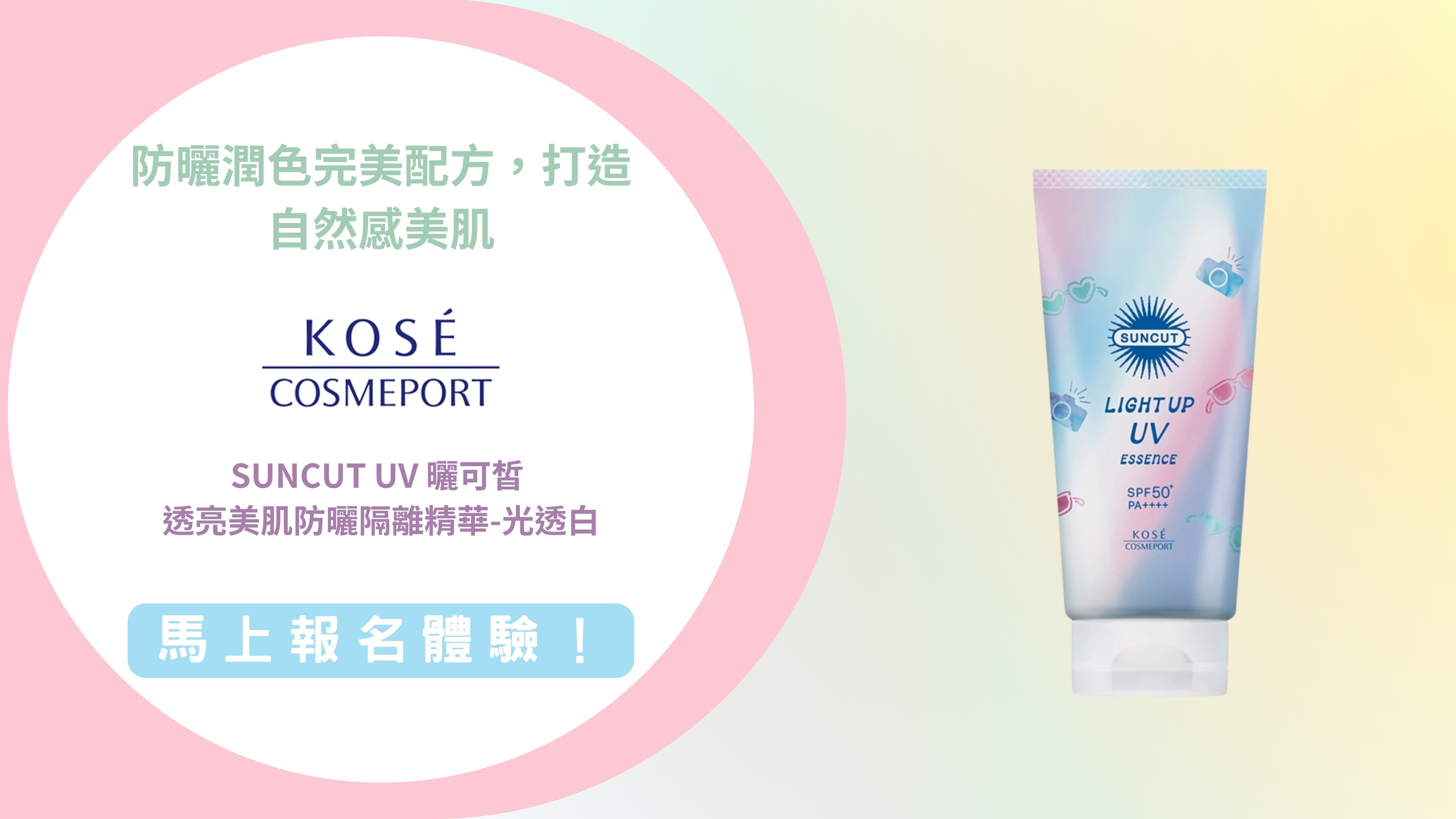Transformer Oil Filtration Machine and hydraulic systems all use some form of oil as their "lifeblood." Oil not only acts as a lubricant for machines, motors and engines, but also as the incompressible fluid essential to the operation of hydraulic systems.
When engines are stressed to their limits or when Waste Tyre Pyrolysis Machine is running continuously, the oil within these machines will degrade. If the degradation of this vital fluid isn't addressed with some urgency by cleaning or replacing the oil, it could mean trouble for the machines dependent on its integrity.
Oil becomes degraded or "dirty" for a number of reasons: Age, exposure to extreme temperatures and the aforementioned factor of stress due to overuse. Additionally, a spike in temperature caused by a static electricity charge will cause the oil to degrade as well.
The results from these occurrences are oil oxidation as well as the release of free radicals, microscopic particles and other contaminants within the oil. Oxidation is a term that is commonly associated with rust, a metal-corroding chemical reaction. However, oxidation is not limited to metals and can also occur within oil. If oil reaches a stage where the oxidation process takes hold, it will lead to increased viscosity - or thickness - within the oil.
Varnish
If not cleaned or replaced, this thickened oil will eventually form varnish. This sludge-like substance can mean big trouble for hydraulic systems and other machinery. Following are some of the problems that varnish can present:
- Sticking or freezing of mechanical parts.
- Power "drops" or decrease.
- Frequent filter changes.
- Increased leakage potential due to wear on seals.
- Wear and tear and potential permanent damage to bearings and other components.
The Solution
The byproducts that accumulate and ultimately lead to the formation of varnish are insoluble. This means these byproducts are not capable of being broken down or dissolved. This makes varnish removal very difficult by conventional means.
Standard mechanical oil filtration systems do not address varnish problems. However, there are viable solutions for the eradication and prevention of varnish. One solution that has continued to gain popularity within industrial settings in recent years is electrostatic oil filtration.
With conventional Oil Recycling Machine - and industrial filtration- the oil or lubricant will flow through a filter consisting of materials such as cellulose, woven fabric and extremely fine metal mesh. While filtering some of the dirt and debris, not only do the microscopic contaminants get through, but the material that does get caught accumulates and eventually puts a strain on the system. These filters must also be changed frequently leading to increased expenses.
Electrostatic oil cleaners and filters operate differently and much more effectively when it comes to the removal of insoluble particles. This type of oil filtration unit is configured in a "kidney loop" manner and will administer an electric charge to the particles within the oil. Instead of particles being "caught" in a filter, which eventually leads to the gumming up of a system, the particles and contaminants are removed altogether and placed in a collector unit.
The use of this technology has resulted in overall better system performance, lower costs and improved production. When it comes to industrial oil filtration and cleanliness, the "wave of the future" has arrived in electrostatic technology.
For more about Transformer Oil Filtration Machine information, please visit qiyuenergy.
Related Reading:LQ121S1DG41



 留言列表
留言列表


